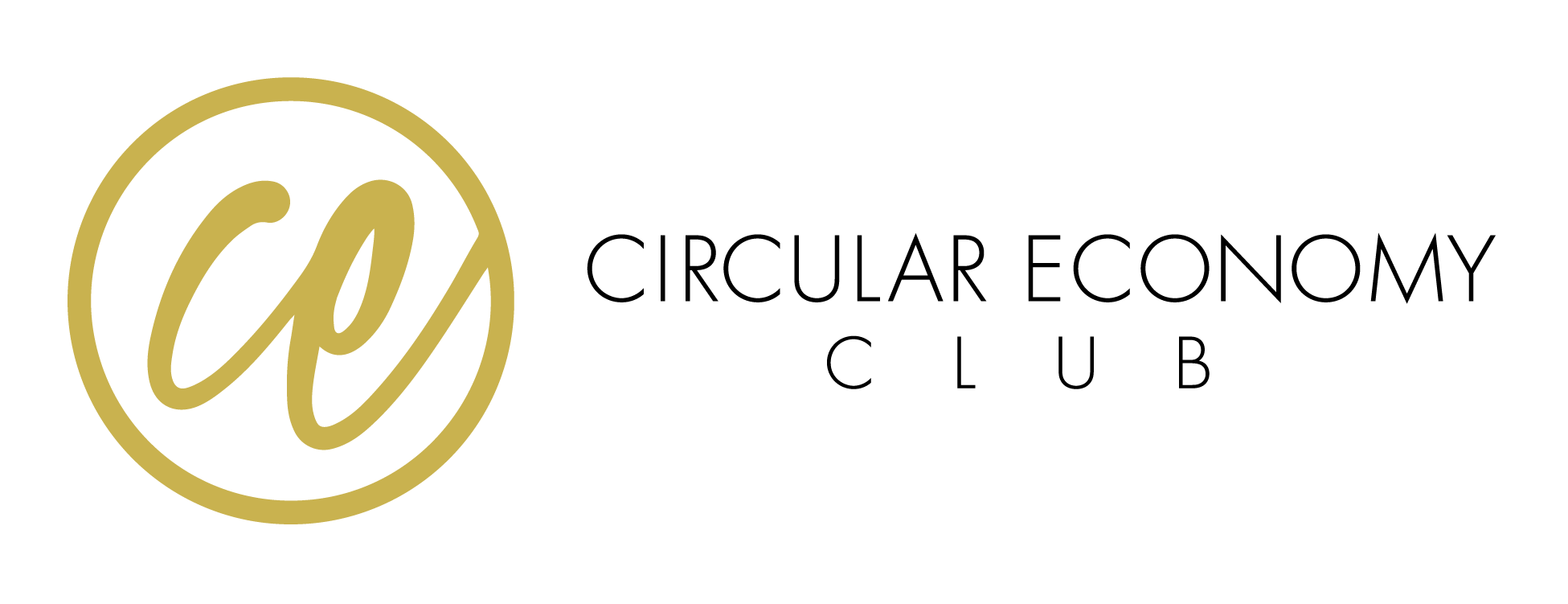-
This Circular Economy Club event will enable you to view the DIF Festival organized by the Ellen MacArthur Foundation and expand your knowledge around what circularity really means and the circular initiatives taking place globally. It is also an opportunity to socialise with other circular economy professionals and brainstorm future projects.
Every year, humanity produces more than 2 billion tons of waste and thereby endangers the environment and itself. How can this trend be stopped or at least slowed down? By creating less waste, designing longer lasting and less resource-consuming products, and by reusing waste materials… in short, by implementing what is called a circular economy. IRCEM and the German Cultural Center invite you to a conference about the role of social organizations for the implementation of a circular economy. The conference is a part of the Disruptive Innovation Festival 2018, a platform for innovative ideas for a more sustainable world organized annually by the Ellen MacArthur foundation and the Circular Economy Club. The results of the meeting will be documented and later made available via the festival website.
AGENDA
5.30 pm: Results of a Research Lab on Waste Materials
The German architect and waste materials expert Jan Körbes will hold a workshop for high school students during the weekend preceding the conference. Together, the pupils will examine different waste materials and come up with new utilization possibilities for them. The results will be documented and also presented during the conference in form of a mini expo.6.00 pm: Pecha Kucha Introduction of Cluj-based NGOs
As a preparation for the discussion, several organizations from Cluj as well as one from Germany will be invited to present themselves. To ensure we will stick to the time frame, we will use a variation of the Pecha Kucha method: every organization has exactly three minutes to present itself, its goal, and its operations supported by a short PowerPoint presentation of a maximum of three slides (please rather use pictures than text).7.00 pm: Discussion on the Role of Social Organizations
We will next proceed to discuss the role of social organizations as key players in the implementation of a circular economy and examine different models in Romania and Germany. The public is invited to take part in the discussion and share ideas.All events within the conference will be held in English. Catering will be provided by the NGO Food Waste Combat which collects surplus food products from producers, restaurants, and supermarkets and distributes it to organizations which help people in need.
SPEAKERS
Jan Körbes (DE) – ReFunc
Berlin-based architect Jan Körbes is a member of Dutch-German collective ReFunc which dedicates itself to promoting new ideas on sustainability and a more conscious management of resources. Together with his colleagues – architects, artists, and activists – he experiments with new usage concepts for materials which otherwise would end up on the landfill, develops tiny houses, and is fighting the growing avalanche of plastic waste. He regularly shares his knowledge in form of workshops.Simina Lakatos (RO) – IRCEM
The Institute for Research in Circular Economy and Environment “Ernest Lupan”– IRCEM is an independent NGO; organize like a research think tank, established in 2012 in Cluj-Napoca. IRCEM became the official partner in the Circular Economy Platform of Stakeholders (ECESP) from the European Economic and Social Committee, Directorate-General for the Environment, Directorate B Circular Economy and Green Growth, European Commission, Brussels.Camelia Gui (RO) – The Food Bank Cluj
The Food Bank Cluj “Food Waste Combat” is the second food bank in Romania. This was possible with Lidl. This works according to the principles of the European Federation of Food Banks (FEBA). The Cluj-Napoca Food Bank is the first bank of its kind in the west of the country. It was founded by Junior Chamber International (JCI) through the Food Waste Combat project and is part of the Institute for Research in Circular Economy and Environment “Ernest Lupan” as an example of good practices for combating food waste.Maria Lichtenberg (RO) Biotrem
Biotrem offers a wide range of fully biodegradable dishes, made from natural wheat bran and cutlery made from a mixture of wheat bran and bio-plastic, made in Poland, fulfilling the principles of circular economy. Biotrem is represented in Romania by DENT CAFE SRL.Marius Mornea & Miruna Batin (Scientifica)
Scientifica is an NGO based in Cluj and Bucharest that promotes public engagement with science as well as stimulates collaboration between science and other fields of culture. They work on the intersection of science, art, and technology. Most of their projects have an educative element.
Alin Mureșan (WeRecycle)
WeRecycle are a small company that was founded this year in Cluj-Napoca. As the name suggests, they collect waste materials from different locations in the city and forward it to recycling facilities.
Who is the event for?
- Architects, Designers, Engineers and Makers
- Established companies and Start-ups in the energy sector, agriculture, construction, textiles/fashion, electronics, renewable energies, etc
- Consultants, Business leaders and Strategists
- Education professionals and Researchers
- NGOs and professional associations
- Supporters of the circular economy
-
-
CEC Cluj-Napoca DIF Viewing Session
Cluj-Napoca, Cluj County, Romania
Date: November 12, 2018 - November 12, 2018
Time: 12:00 AM - 12:00 AM


